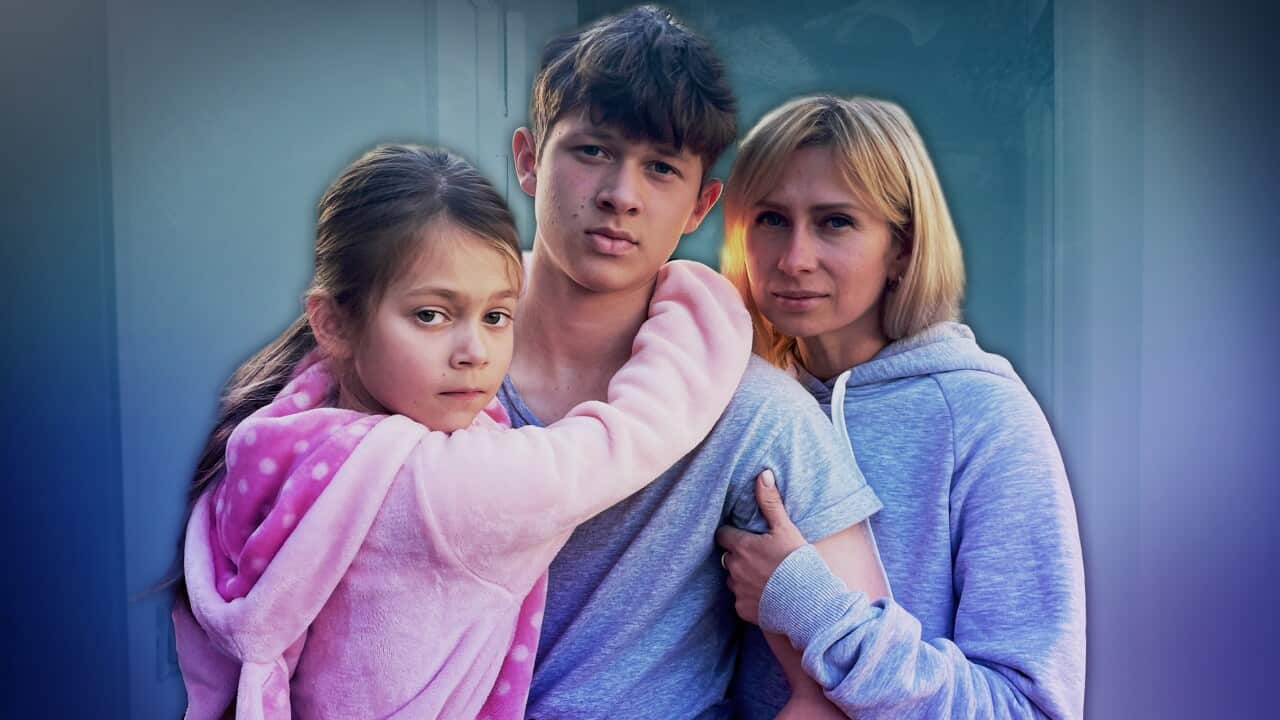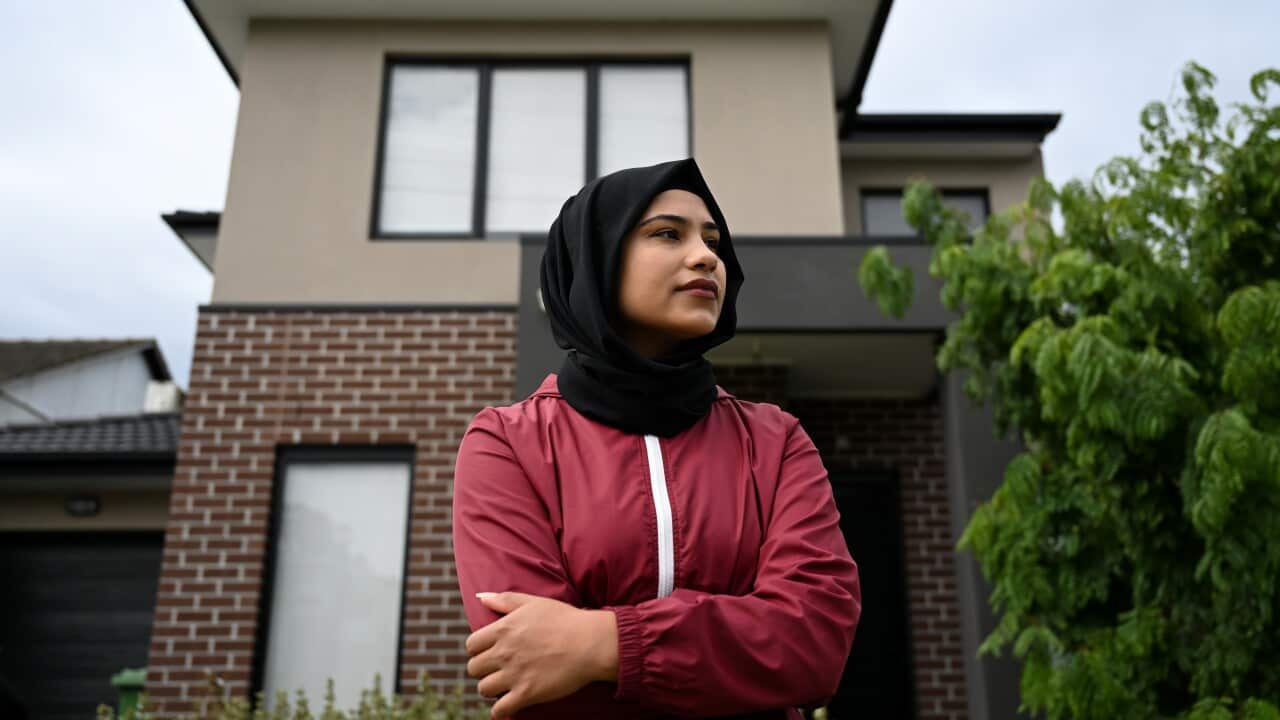Key Points
- Some asylum seekers are living in unsanitary homes and struggling to pay medical and power bills.
- Financial support for refugees has been cut as charity groups' funding has dried up.
- A peak body has urged the Albanese government to strengthen the safety net for refugees and asylum seekers.
Living in a mice-infested rental property with poor insulation, Riya can't afford to move amid mounting medical bills.
The 40-year-old is diabetic with a heart condition and does not have access to Medicare as part of her bridging visa as she raises three teenagers. She asked for her surname not to be published, fearing for her safety.
"I am very stressed and in deep pain and so are my children," the Tamil asylum seeker told AAP from her western Sydney home.
"We can't afford to put the heater on all the time".
Her landlord has told her she should cover the cost of fixing the mice infestation.
Riya is one of about 15,000 asylum seekers unable to keep pace with rising living costs.
Cost-of-living crisis has impacted funding
Riya used to receive rental assistance from the Asylum Seeker Centre in Sydney, but the group has had to limit its financial support as funding dries up.
"Our ability to stave off homelessness and destitution for those we support now teeters on the edge as the cost-of-living and accommodation crisis continue to worsen," centre CEO Danielle Townsend said.
The Refugee Council of Australia urged the Albanese government on Wednesday to provide a robust financial safety net for refugees and asylum seekers coinciding with Homelessness Week.
The Status Resolution Support Services program is designed to support people living in the community on a bridging visa, or transitioning from immigration detention. Its funding reached $300 million at its height in 2015/16 and dropped to $16.6 million in 2021/22, the council said.
The income support paid to asylum-seeking recipients is roughly $45 a day, which is a portion of the welfare allowance available to Australian citizens.
The program supports about 1,300 people across Australia, compared to a previous 30,000.
The Home Affairs Department said there had been "no budget cuts" and that "the number of recipients has declined since 2017 in line with the resolution of the legacy Unauthorised Maritime Arrival caseload".
The legacy caseload refers to a group of about 30,000 asylum seekers, most of whom arrived in Australia by boat between 2012 and 2014.
Greens senator Nick McKim noted the support program was unfair.
"We've got skyrocketing rents and a vast undersupply of affordable housing. It's fair to say many people are living in crisis," he said.
"Those cuts should be restored but this is a (social income) system with no procedural fairness built into it.
"There are no clear criteria for payments and that is unlike any other social security payment in the country."




